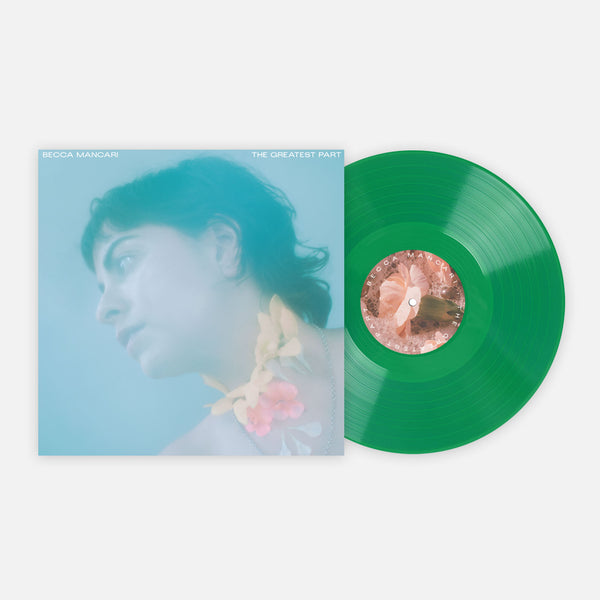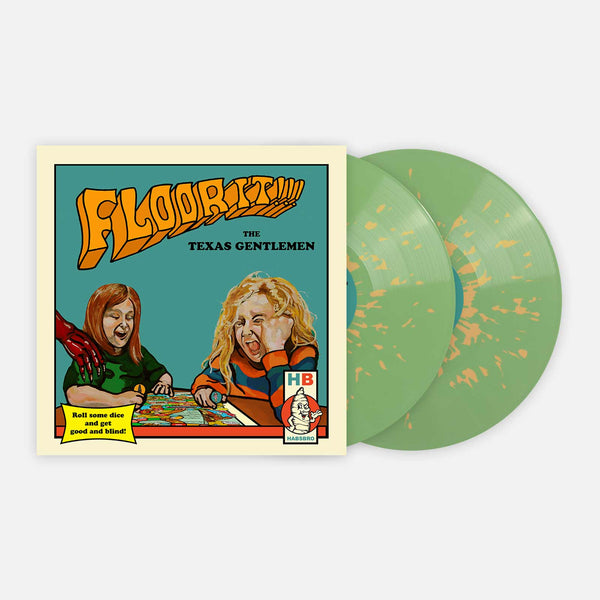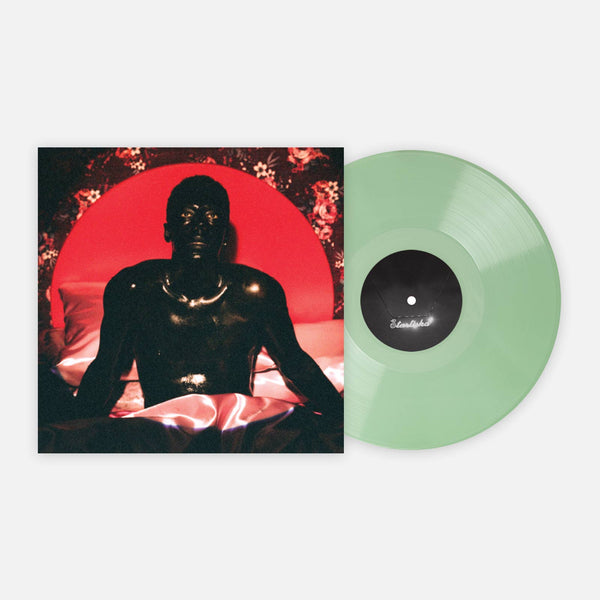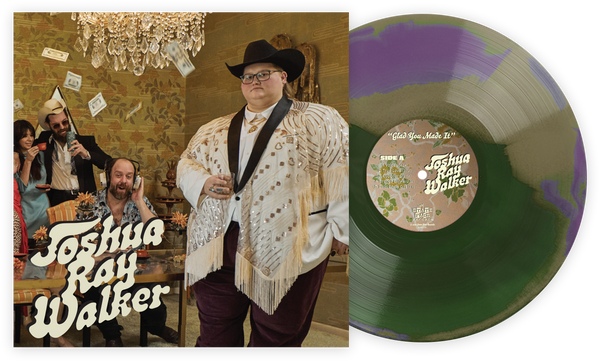랩퍼가 그의 새 앨범의 모든 비트를 단 한 명의 프로듀서에게 맡기면, 보통 마법 같은 일이 발생합니다. 아마도 좁은 작업 환경이 과대망상된 자아 — 그리고 더 큰 수행단 — 을 한쪽으로 밀어낼 수 있게 해 주기 때문일 수도 있지만, 두 아티스트가 함께 모여 아이디어를 주고받고 협력할 때, 만들어진 음악은 비트와 운율의 아름답게 응집된 결혼과 같습니다. 이 설정은 일부 랩에서 가장 사랑받는 듀오의 기초로 사용되었습니다 — Gang Starr, Pete Rock & CL Smooth, Run The Jewels — 그러나 이 장르의 역사도 MC가 비트 제작자와 만나 힙합 연금술을 이루는 등 다수의 멋진 일회성 사례로 점철되어 있습니다. 화학 반응이 일어날 때, 관계는 각각의 당사자로부터 새로운 차원을 끌어냅니다. 그것이 래퍼가 보다 사색적이고 개인적인 영역으로 진입하게 되거나, 프로듀서가 평소 소리 세팅에서 창의적으로 도약한 새로운 소리와 샘플로 실험할 기회를 얻는 것이든 간에 말입니다. 오래된 힙합 팬들은 이 단순화된 공식이 음악의 황금기를 이렇게 생기 있게 만든 요소 중 하나라고 주장할 것입니다 — 그러나 오늘날에도 여전히 성공적으로 활용되고 있는 설정입니다. 한 래퍼와 한 프로듀서의 프로젝트에 대한 가장 중요한 연대기적인 경의를 표합니다.

LL Cool J: Radio
Legendary bearded producer Rick Rubin enjoyed a rap renaissance after his executive production work on Kanye West’s Yeezus, but back in 1985 he could be found commandeering the debut album of another cocksure rapper going by the name of Ladies Love Cool James. The combination is devastating: Rubin's sparse, drum machine-powered beats set the background for the teenage rapper to fire off precocious knockout punchlines on tracks like the title cut, "Dangerous," and the anthemic "Rock The Bells." Foreshadowing his later moves into the rock world, Rubin adds abrasive snatches of electric guitar to the otherwise minimal "You'll Rock," while LL anoints himself the "number one b-boy" in the process of claiming "The great Edgar Allan Poe couldn't write this good."

MC Shan: Down By Law
Marley Marl had a huge hand in shaping the sound of hip-hop's fabled golden era. Playing a quarterback role, he fused raw funk and soul breakbeats with sparky samples from artists like James Brown, Otis Redding and 7th Wonder and then served the resulting beats up for all-star Juice Crew MCs like Big Daddy Kane, Roxanne Shante and Biz Markie to spit over. But it's on the debut album from Marley's fellow Queensbridge native MC Shan that the blueprint comes through in its purest form. Released on the influential Cold Chillin' label, the nine track project sparks into life with the anti-crack sermon "Jane, Stop This Crazy Thing," before a run of songs that close out the first side of the album showcase Shan and Marley's synergy in full force. Beginning with "The Bridge," a song that instigated hip-hop's most revered dis war, and taking in "Kill That Noise" and the spunky "Down By Law," the neck-snapping beats and braggadocio raps sound like the two artists are skillfully distilling hip-hop's essence down to its purest form.

Snoop Doggy Dogg: Doggystyle
With his ability to mix a languid and fluid flow with menacing gangsta rap lyrics, Snoop Doggy Dogg introduced himself to the world as a guest on Dr. Dre's eerie soundtrack offering "Deep Cover." It was a combination that would soon be fleshed out into the Doggfather's 1993 debut album, Doggystyle, which took the G-Funk template Dre had blessed the world with on his own The Chronic project and turned it even more cinematic and melodious. As the lanky khaki-clad kid from Long Beach runs riot with his "G'z up, hoes down" manifesto, Dre increases the stakes by taking on an expansive role that's closer to that of a movie director than traditional hip-hop producer. Under Dre's watchful eye, the skits, the sequencing and the texture of Doggystyle deliver a completely immersive start-to-finish listening experience (and one that's best enjoyed with a cup of the now infamous gin and juice). These days Snoop can be found flirting with Martha Stewart, and Dre seems mostly occupied with being a headphone mogul, but back in the nine tre' these two delivered slick and undeniable gangsta rap gold.

Jeru The Damaja: Wrath of the Math
Jeru The Damaja's second studio album might not be the most obvious project that comes to mind when highlighting the production genius of DJ Premier, but the 15-track project is a telling showcase for both Premo's boom-bap style and his unwavering allegiance to an underground ethos. Released at the time when Puff Daddy was taking the jiggy hip-hop vibe to mainstream riches, Jeru took it upon himself to strike back at the vacant flashiness of those artists he perceived as sellouts to themselves and the culture. "Yo, are you a pimp, a hustler?" asks Premier on the intro to the first single, "Ya Playin' Yaself," before Jeru answers in the negative and goes on to studiously reign blows on "all these so called players up in the rap game" while righteously pointing out, "I never knew hustlers confessed in stereo." Also of note is "Invasion," a song which first appeared on the New Jersey Drive soundtrack and, included as the final track on Wrath Of The Math, works as a primer on Jeru's social commentary and Premo's ability to freak angular and awkward samples into head-nodding hip-hop music.

Common: Be
When Jay Z rhymed how he "ain't been rhyming like Common" since he sold five million records, it was a barb that seemed to stick in the mind of Kanye West, who'd grown up idolizing the music and rhymes of his fellow Chi-Town representer. While West himself blew up, Common's career seemed to have stalled, with the rapper claiming a body of albums from the '90s that were cherished by hip-hop purists but ignored by the mainstream. Enter Ye's offer to produce 2005's Be, which satiated both critical and commercial demands. The overarching tone of the project is soulful, switching cannily from the gritty and mealy vibe of "The Corner" (which features the Last Poets) to the smooth energy of "Go." By capping the tracklist at 11 songs, Common is able to focus his thoughts and channel his witty wordplay into a series of songs that resonate with the listener on an emotional level. As liner note scholars will be aware, technically J Dilla contributes two songs to the album (the Marvin Gaye-sampling "Love Is" and the shimmering coda "It's Your World (Part 1 & 2)"), but the essence of Be is all about two of Chicago's most beloved musical sons getting together and reigniting their love of hip-hop.
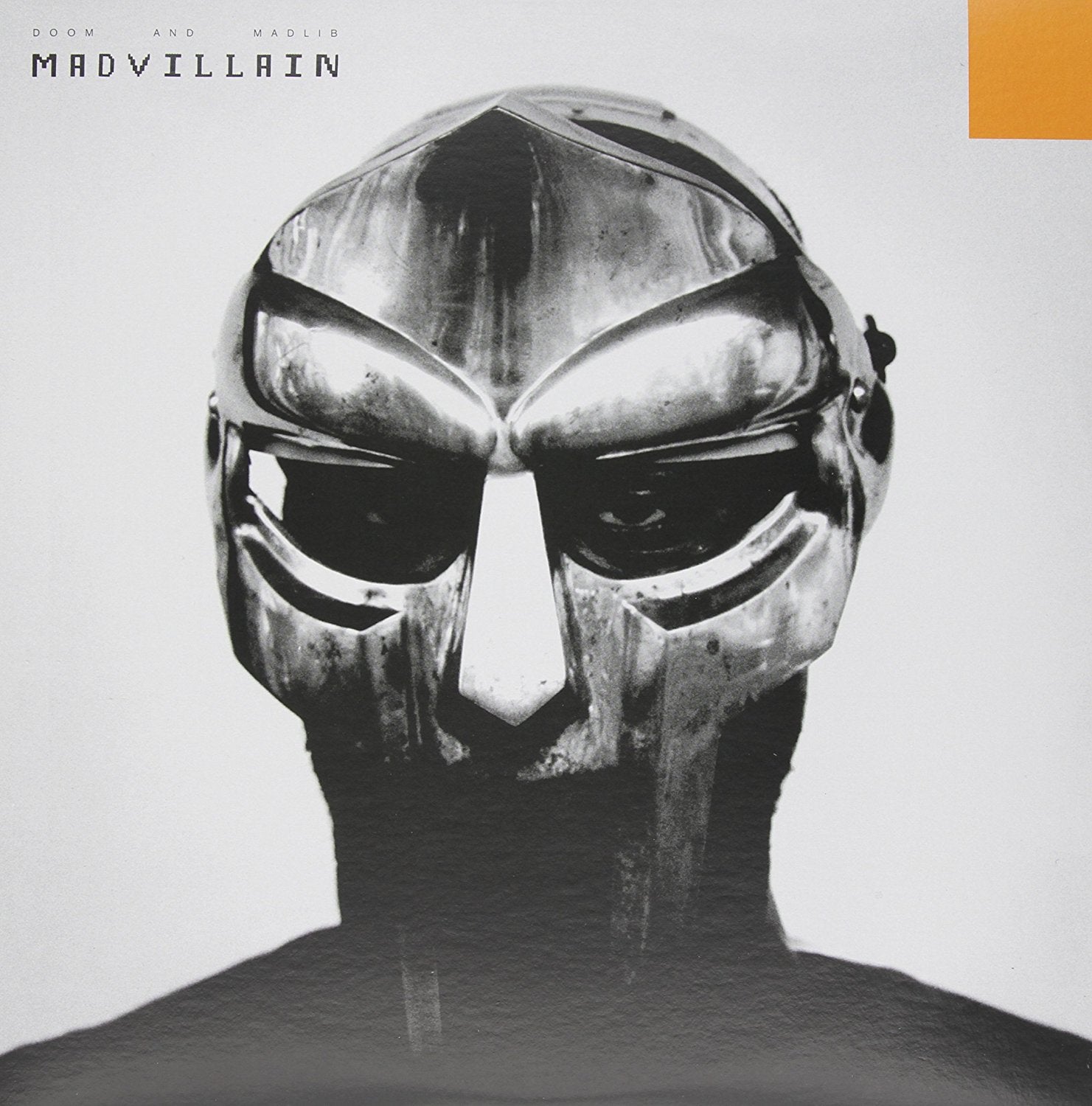
Madvillain: Madvillainy
The combination of Madlib's beats topped with MF Doom's lyrics endures as a modern underground hip-hop standard bearer. Whether by accident or design, many of the songs that make up the Madvillainy collaboration come in at around the one or two minute mark. It's a format that grants the Beat Konducta the chance to serve up a hypnotic smorgasbord of his deepest dug samples while the Super Villain drops abstract vignettes based on keen-eyed details, like on the spectral "Meat Grinder" where a pair of old tan-colored Ellesse tennis shoes literally tie the song together. As the album settles to a finish with the hazy "Rhinestone Cowboy," it's like you've been granted a clandestine, behind-the-scenes peek at the alchemic process of two of hip-hop's most elusive creators.

Blu: Below The Heavens
2007 was a curious time for the music industry. Physical sales were down, the vinyl resurrection hadn't kicked in yet, and digital sales weren't picking up the slack. Against this backdrop, the independently-released debut offering from the Los Angeles-based rapper Blu and fellow west coast beatsmith Exile became both highly sought after yet often impossible to get hold of as supply couldn’t keep up with underground demand. Listening back a decade later proves that the hype was on point. Blu relays personal and worldly thoughts without coming off as preachy, while Exile's chunky beats nod slyly back to the '90s without ever coming off as dated. What charms most about Below The Heavens is the way it exudes an abundant love for the art of hip-hop. As Blu confesses on "The Narrow Path": "I need a pen, I need a pad, I need a place to go/ To get this shit lifted up off of my soul."
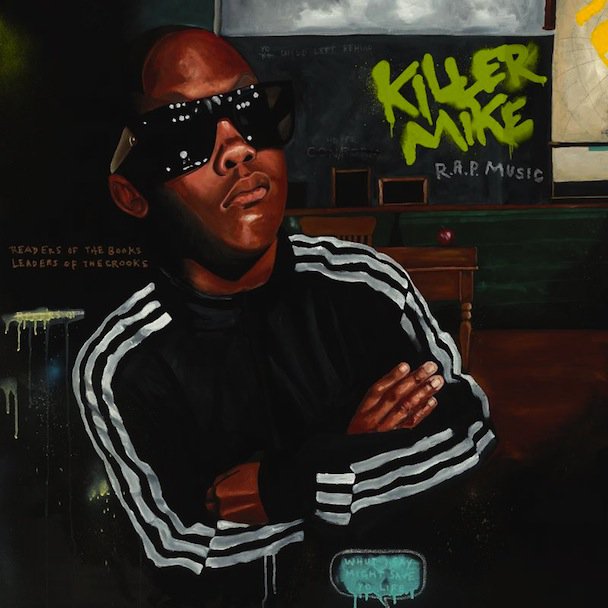
Killer Mike: R.A.P. Music
Before Run The Jewels became a phenomenon, the seeds for the odd couple pairing of southern rap firebrand Killer Mike and Brooklyn beat technician El-P were sewn with 2012's R.A.P. Music. From the opening blast of "Big Beast," which also drafts in Bun B and T.I. for vocal assists, the credo is simple: Recreate the uncompromising power and pomp of the sort of early era Def Jam records both artists grew up studying while also bringing back the outspoken political opinions of turn-of-the-'90s hip-hop. El Producto's beats are all about monstrous hyper-bass tones and pugilistic drum patterns mixing with beguiling atonal atmospherics, while Mike sounds like an artist who’s been finally unleashed after toiling away in the rap industry for a decade. On the anti-police brutality outing "Don't Die" he seethes: "I'm a Public Enemy because I'm cold lampin'/ And I don't give a fuck about a party in the Hamptons/ And I don't give a fuck about a motherfucking Forbes list/ Far as I'm concerned that's a motherfucking whore's list." Revolutionary poetry in full effect.

Freddie Gibbs: Pinata
2014's Cocaine Pinata (to give the album its intended pre-censoring title) proved that the street-wrought gangsta polemics of Freddie Gibbs meshed naturally with Madlib's eclectic, off-kilter beats. "They're supplying dope to the black and Mexican communities," runs the opening vocal sample, but what follows is so much more than just another collection of contraband-centric raps. By delivering a series of beats that pivot from soulful to frantic and flip from swaggering to introspective, Madlib teases out what might be Gibbs's most complete MC performance to date. On the surface, a track like "Harold's" seems like a back-in-the-day tribute to an old fried food shack, but it soon turns into a nostalgic commentary on the community Gibbs grew up in. It's a trick Gibbs repeats on the plaintive "Broken," where he recalls a conversation with his grandmother that ends with him wishing, "Promise I've done seen everything but old age/ Pray my demons never catch up from my old ways."

Ka: Days With Dr. Len Yo
On paper, Days With Dr. Len Yo sounds like the sort of pretentious art-rap project that can easily go astray: Lyrics inspired by the mind control theme of the book The Manchurian Candidate are paired with production that most times eschews drum breaks in favor of nothing more than experimental atmospheric samples and sound effects. In execution, the cult Brooklyn-based rapper Ka and producer Preservation took the conceit and crafted 2015's most bewitching hip-hop album. Taking time out from his duties as Mos Def's tour DJ, Preservation weaves together a production bed that bases entire tracks around pared down sounds like a blues guitar riff ("Day 1125") or swirling elongated synth notes ("Day 0”). For his part Ka pens lyrics that are equal parts personal and sagely political. "Last of the craftsmen/ To the masses I'm a has-been," Ka laments on the spooky closing cut "Day 912," although as the learned Earl Sweatshirt tweeted while bigging up the genius of the album: “Dr. Len Yo was the greatest album of this year no questions asked if you don’t know now you know.”
Phillip Mlynar는 래퍼, 고양이, 음식의 신성한 삼위일체에 대해 글을 씁니다. 그는 한때 언론의 이름으로 MF Doom과 함께 블랙 앤 탠스를 마신 적이 있습니다.
Related Articles
클럽 가입하기!
지금 가입하세요, 44달러부터 시작합니다Exclusive 15% Off for Teachers, Students, Military members, Healthcare professionals & First Responders - Get Verified!
